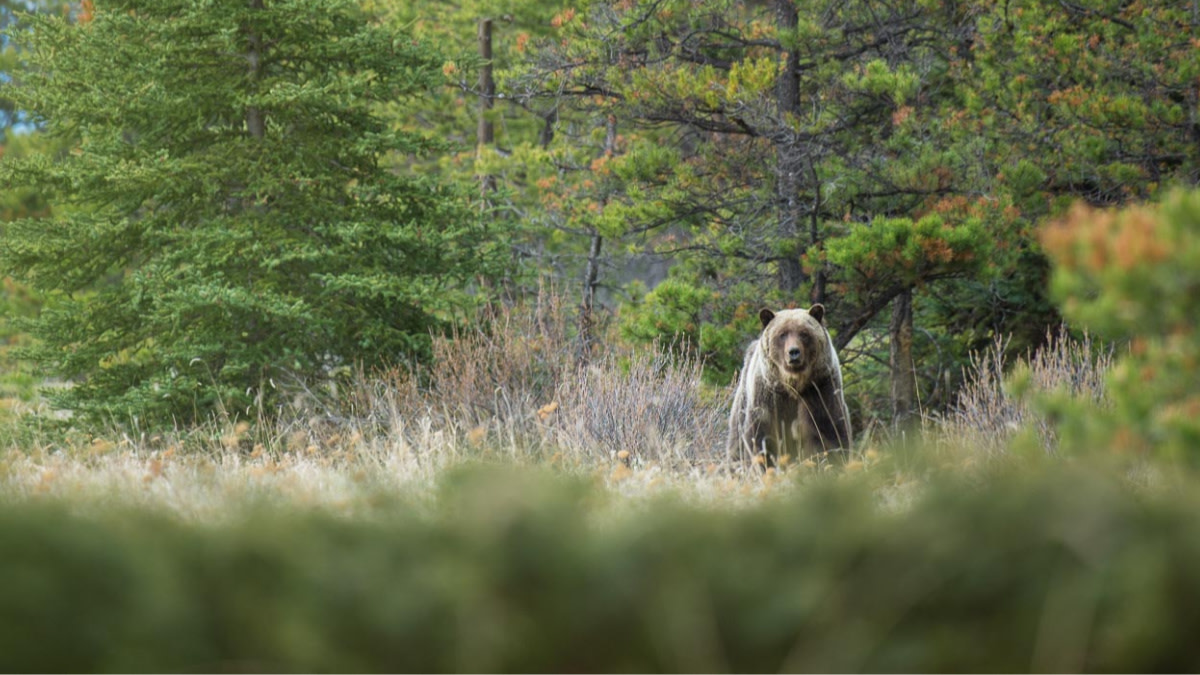
Myths, lies and old wives’ tales loom large in the outdoor pursuits. Here at MeatEater, we’re dedicated to separating facts from bullsh*t, so we created this series to examine suspect yarns. If there’s a belief, rumor, or long-held assumption you’d like us to fact check, drop us a note at factchecker@themeateater.com.
Claim
Large predators, like bears and sharks, are more likely to attack women who are menstruating.
Origin
The claim’s genesis is unclear, but it gained popularity in 1967 after multiple bear attacks at Glacier National Park. In separate incidents on the same night, two 19-year-old women were killed by grizzlies while camping. One woman was menstruating and the other had tampons in her backpack (investigators said she was expecting her period soon). Although officials concluded that unprotected food and trash were to blame, the general public speculated that grizzlies were targeting menstruating females.
Soon thereafter, the National Park Service and other agencies began warning women that bears might be attracted to menstrual blood. One ranger district in the Shoshone National Forest went so far as banning employees from the backcountry while on their cycle.
Facts
A 1985 study that analyzed hundreds of grizzly bear attacks on humans (including the women in Glacier National Park) found no evidence linking menstruation to any incident. Although there’s never been a study that directly looks at how grizzlies respond to menstrual blood, researchers have done so with polar bears and black bears.
In a 1983 study, four captive polar bears were presented with a series of different odors (including used tampons, non-menstrual blood, food scents, and seal scents). Scientists reported that the bears had a “strong behavioral response” to used tampons and seal scents, but not much else. The team collected similar data on wild polar bears, reporting that the bears easily detected used tampons, but ignored non-menstrual human blood and unused tampons.
A 1991 study on 46 wild black bears found different results. Twenty-six bears were presented with used tampons from 26 women, and 20 bears were exposed to four menstruating women at different days of their flow. None of the bears, regardless of age or sex, showed interest in the tampons or women.
Similar to the black bear study, analyses of shark attacks found no correlation between periods and attacks. In fact, 80% of shark attacks in recorded history happened to men. This is more of an indication of gender participation in high-risk activities like spearfishing, surfing, diving, etc., but it also shows that sharks have no preference for females.
And the old adage that sharks can smell a drop of blood in an Olympic-sized pool isn’t exactly accurate—more recent research points to it being about one drop of blood in a trash can. Sharks don’t only detect blood, either. Their noses are just as likely to pick up on other trace odors like urine, sunscreen, or engine oil.
It’s also helpful to look at how blood from a period is different than that of a nosebleed. The reality is that discharge is made up of a variety of different fluids, tissues, and microbes, and only a small portion of red and white blood cells.
“The amount of blood loss during menstruation is probably less than the average scrape or cut that a kid or surfer may get while playing in the water,” said Chris Lowe, a shark researcher at Cal State University of Long Beach.
Takeaway
The majority of data suggests that women shouldn’t be deterred from being in the outdoors while on their period. Even Bruce Cushing, the lead researcher from the polar bear study, warned that making the jump from menstruation attracting bears to menstruation causing bear attacks is inappropriate.
“We must avoid drawing the simple conclusion that attacks upon menstruating women will occur,” Cushing wrote. “The odor test did not take into account the physical presence of human beings. The bears, in general, appeared to avoid or escape from women. This was true in 11 of 12 trials.”
This claim more so speaks to bear mythology and menstrual taboos. Grizzlies aren’t out there looking to eat humans, and periods aren’t like a scene from the movie “Carrie.” Every outdoorsperson should properly dispose of food, carry bear spray, and be bear aware when on the mountain, regardless of time of the month.
Feature image via Tony Bynum.





